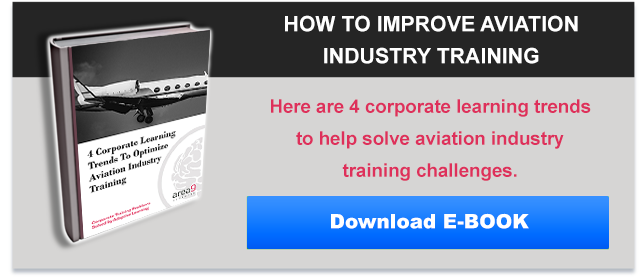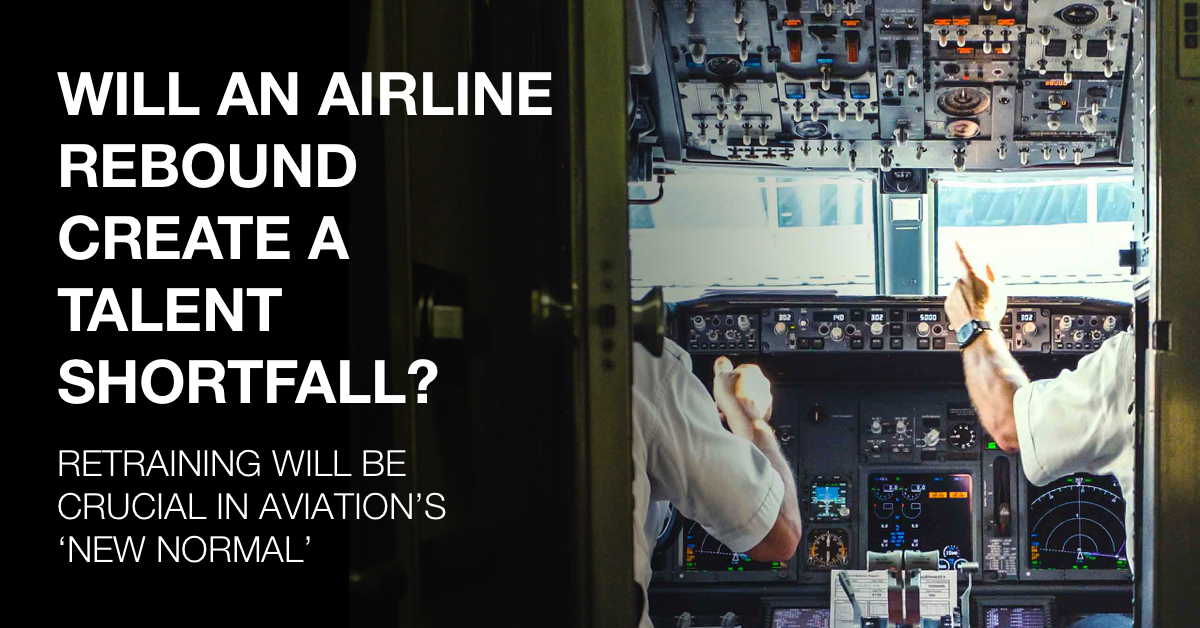Unconscious incompetence is one of the most prevalent and damaging problems facing the aviation workforce. Ever heard the saying, “You don’t know that you don’t know”? In a nutshell, that’s what unconscious incompetence is, and its effects on job performance are pervasive.
Unconscious incompetence is a problem across all industries, and traditional corporate e-learning is supposed to correct for it, but doesn’t. When your employees are performing a task incorrectly, but aren’t aware that they are doing it wrong, that’s unconscious incompetence.
Unconscious incompetence wastes time, money, creates risks to safety, and poor customer experiences; all this increases as the number of employees, all susceptible to unconscious incompetence, grows.
Of course, the other danger of unconscious incompetence is a greater risk of at-work accidents. In an office setting, this isn’t always dramatic, but for an airline, unconscious incompetence can pose very real risks to both passengers and crew.
So how can a pilot correct for a mistake they don’t even realize they are making? They can’t. The only thing that can correct unconscious incompetence is better training.
Adaptive Learning Corrects Unconscious Incompetence While Improving Learner Confidence
The best solution to unconscious incompetence is personalized learning, because in a personalized learning setting, it’s much easier to figure out when a learner is struggling.
Think about a classroom scenario: when you don’t know something, you might avoid answering questions and let other learners take the lead. You can’t do that in a personalized learning scenario.
It’s very easy for a tutor to ask their learner questions and quickly discover where the problem areas are. And a tutor can adjust their strategy when a topic isn’t making sense to a learner.
In short, a tutor can detect unconscious incompetence before it becomes a symptom. But hiring a private tutor for every employee in a large company isn’t possible. At least, it wasn’t possible to scale private learning — until recently.
Adaptive Learning takes the corrective skills of a private tutor and scales them to reach employees in any size company.
And Adaptive Learning doesn’t just question learners on what they know. Adaptive Learning also asks learners to report how confident they are in their answers.
A traditional test can only determine a right answer from a wrong answer; it has no way of telling if the answer was a guess or something the learner knew without a doubt. And those guesses are exactly where unconscious incompetence hides.
Adaptive Learning not only corrects for unconscious incompetence by getting to the root of the learner’s misconceptions, but its detailed reporting and analytics can help guide training strategy, whether it be at the micro or macro level — the performance of an individual learner, or the strengths and weaknesses of a team or whole company.
The personalized approach of Adaptive Learning allows employers to see trends of unconscious incompetence wherever they pop up, and then use that knowledge to correct training.







